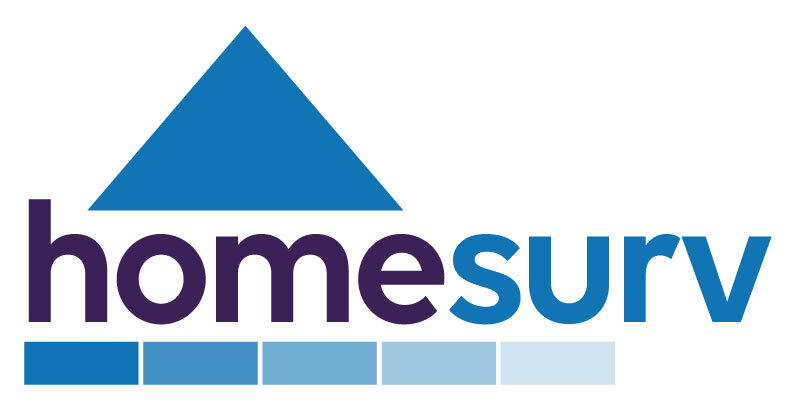Shared ownership schemes have emerged as a popular route to home ownership, especially for those who find the property market daunting. This comprehensive guide aims to demystify the shared ownership process, focusing on valuation, staircasing, and selling, particularly emphasizing the role of RICS valuation in these scenarios.
What is Shared Ownership?
Shared ownership is a part-buy, part-rent scheme typically offered by housing associations. It allows you to buy a share of a property (usually between 25% and 75%) and pay rent on the remaining share. Over time, you can increase your share in the property through a process known as ‘staircasing.’
Shared Ownership Valuation
Valuation in a shared ownership scenario is a critical first step whether you’re buying, selling, or staircasing.
Initial Valuation
When you first buy into a shared ownership property, the housing association will set the price based on the property’s market value. This valuation ensures that the price you pay for your share is fair and reflective of the current property market.
Staircasing Valuation
If you decide to increase your share in the property (staircasing), a new valuation will be required. This is to ascertain the current market value of the property and, consequently, the price of the additional share you wish to purchase. As the property market fluctuates, this value may be higher or lower than your initial valuation.
Housing Association Valuation
Housing associations typically conduct their own valuations of properties within shared ownership schemes. These valuations are carried out to ensure that the property’s price reflects its current market value. For transparency and fairness, these valuations are usually done by independent, RICS-accredited surveyors.
Selling Shared Ownership
Selling a shared ownership property involves a few more steps than selling a fully owned property.
- Inform the Housing Association: You must first notify the housing association of your intent to sell.
- Valuation: A valuation is conducted (as in staircasing) to determine the selling price of your share.
- Offer to Housing Association: In many cases, the housing association has the ‘right of first refusal.’ They can either buy it back or find a buyer for your share.
- On the Open Market: If the housing association doesn’t take up their option, you can then sell your share on the open market.
Staircasing Shared Ownership
Staircasing allows you to gradually increase your ownership share. You can usually staircase in increments of 10% or more.
- Valuation: As your first step, you’ll need a current valuation of the property to determine the cost of the additional share.
- Affordability Assessment: It’s also vital to assess whether you can afford the increased mortgage and decreased rent payments.
- Legal and Mortgage Arrangements: You will likely need to adjust your mortgage and make legal arrangements for the new share purchase.
RICS Valuation Shared Ownership
RICS (Royal Institution of Chartered Surveyors) valuations are a cornerstone of the shared ownership process. These valuations are conducted by professionals who adhere to RICS standards, ensuring accuracy and impartiality.
Importance in Shared Ownership
- Accuracy: Ensures the price paid for any share of the property accurately reflects the market value.
- Impartiality: Offers peace of mind that the valuation is unbiased and independent.
- Standardization: RICS valuations follow a set of standard procedures, making the process transparent and uniform.
When You Need It
- Buying into Shared Ownership: To establish the price of the share you’re buying.
- Staircasing: To determine the cost of increasing your share.
- Selling: To set the selling price of your share.
In conclusion, understanding the valuation process, the ins and outs of staircasing, and the specifics of selling in a shared ownership context is crucial. RICS valuations play a pivotal role in ensuring fairness and transparency throughout this journey. Whether you’re stepping onto the property ladder, aiming to increase your share, or preparing to sell, being informed about these processes helps in navigating the shared ownership landscape with confidence.


